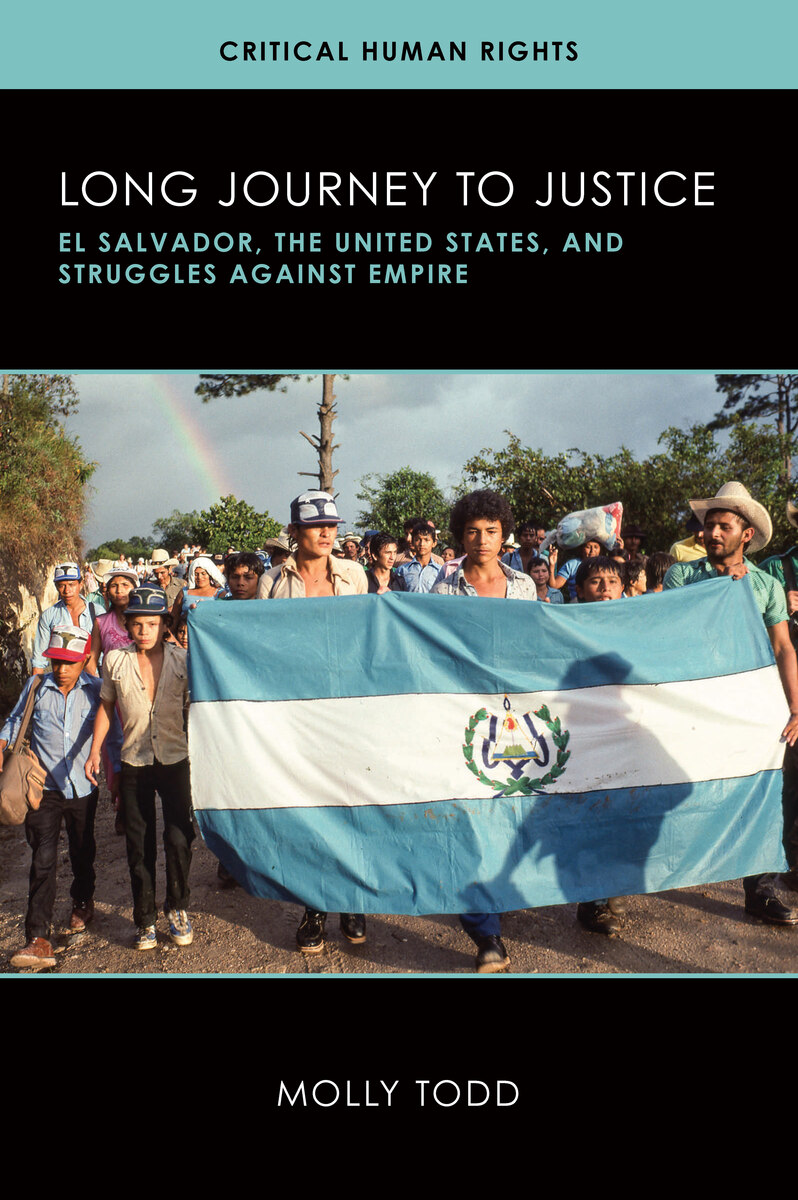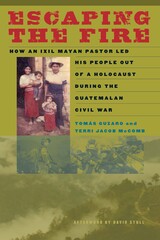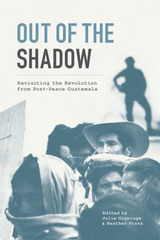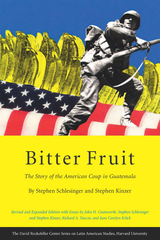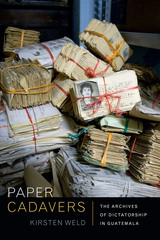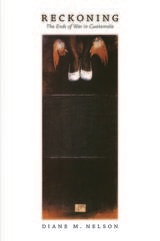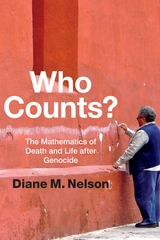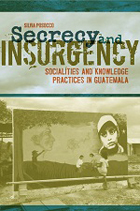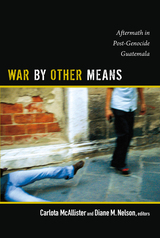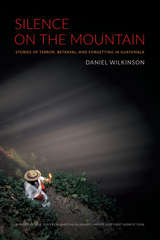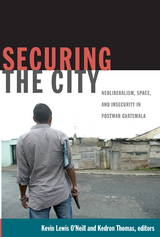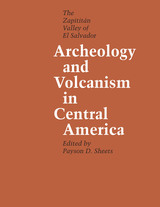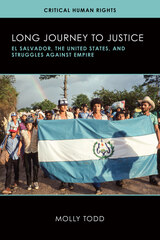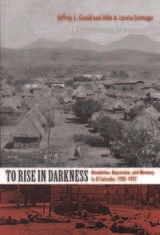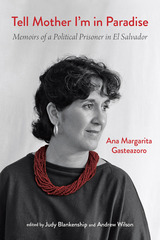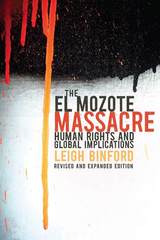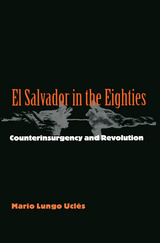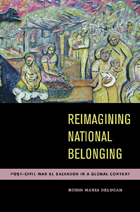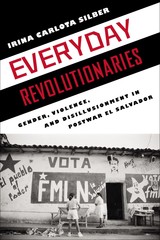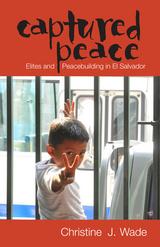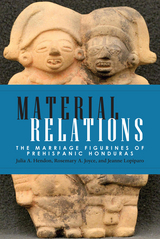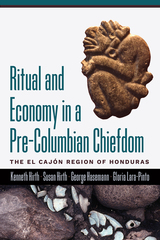Long Journey to Justice: El Salvador, the United States, and Struggles against Empire
University of Wisconsin Press, 2023
Cloth: 978-0-299-33060-6 | Paper: 978-0-299-33064-4 | eISBN: 978-0-299-33063-7 (PDF)
Library of Congress Classification F1486.3.U6T63 2021
Dewey Decimal Classification 327.7307284
Cloth: 978-0-299-33060-6 | Paper: 978-0-299-33064-4 | eISBN: 978-0-299-33063-7 (PDF)
Library of Congress Classification F1486.3.U6T63 2021
Dewey Decimal Classification 327.7307284
ABOUT THIS BOOK | AUTHOR BIOGRAPHY | REVIEWS | TOC | REQUEST ACCESSIBLE FILE
ABOUT THIS BOOK
As bloody wars raged in Central America during the last third of the twentieth century, hundreds of North American groups “adopted” villages in war-torn Guatemala, Nicaragua, and El Salvador. Unlike government-based cold war–era Sister City programs, these pairings were formed by ordinary people, often inspired by individuals displaced by US-supported counterinsurgency operations.
Drawing on two decades of work with former refugees from El Salvador as well as unprecedented access to private archives and oral histories, Molly Todd’s compelling history provides the first in-depth look at “grassroots sistering.” This model of citizen diplomacy emerged in the mid-1980s out of relationships between a few repopulated villages in Chalatenango, El Salvador, and US cities.
Todd shows how the leadership of Salvadorans and left-leaning activists in the US concerned with the expansion of empire as well as the evolution of human rights–related discourses and practices created a complex dynamic of cross-border activism that continues today.
Drawing on two decades of work with former refugees from El Salvador as well as unprecedented access to private archives and oral histories, Molly Todd’s compelling history provides the first in-depth look at “grassroots sistering.” This model of citizen diplomacy emerged in the mid-1980s out of relationships between a few repopulated villages in Chalatenango, El Salvador, and US cities.
Todd shows how the leadership of Salvadorans and left-leaning activists in the US concerned with the expansion of empire as well as the evolution of human rights–related discourses and practices created a complex dynamic of cross-border activism that continues today.
See other books on: El Salvador | Human rights movements | Justice | Long Journey | Sister cities
See other titles from University of Wisconsin Press
